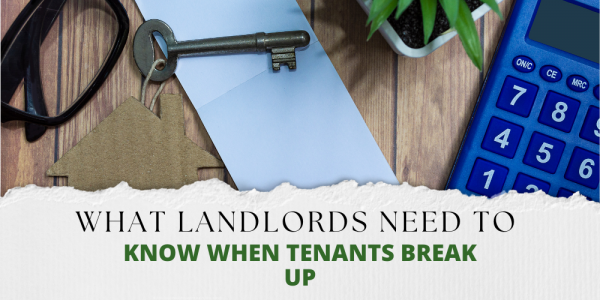Selling a property in the UK can sometimes trigger Capital Gains Tax (CGT). Understanding the implications and how to manage this tax can save you money. This guide will help you navigate CGT, making the process of selling your property smoother and more financially efficient.
Dockside Kent top tip: The information provided in this blog is for general informational purposes only and does not constitute professional or personalised financial advice. We have made every effort to ensure the accuracy of the information at the time of writing; however, laws and regulations can change, and we do not guarantee the completeness, reliability, or suitability of the information for your specific situation.
If you’d like expert, personal advice for your circumstances, get in touch and we can recommend the best local people for you to speak to.
What is Capital Gains Tax?
Capital Gains Tax is a tax on the profit made from selling an asset that has increased in value. In the context of property, it's the gain made on the sale that's taxed, not the total amount received. The rate of CGT depends on your income tax band. Basic rate taxpayers pay 18% on residential property gains, while higher and additional rate taxpayers pay 28%.
Certain exemptions can reduce your CGT liability. The most significant is the private residence relief, which usually exempts you from CGT if the property has been your main home throughout the period of ownership. There are other specific exemptions and reliefs, such as letting relief and relief for certain types of business properties.
Calculating Your Gain
To calculate your capital gain, subtract the property's purchase price from the sale price. This gives you the raw gain amount. However, you can reduce this gain by deducting allowable costs.
Allowable costs include expenses directly associated with buying and selling the property, such as legal fees, estate agent fees, and the cost of improvements that have added value to the property (e.g. extensions or brand new kitchens). Routine maintenance and repair costs are not allowable.
Reporting and Paying CGT
When you sell a property and make a capital gain, you need to report this to HMRC and pay any CGT due. The deadlines for reporting and paying CGT on UK residential property sales are tight. You must report the gain and pay the tax within 60 days of the sale completion.
Filing a CGT return involves completing a 'Capital Gains Tax on UK property' return. This can be done online via the HMRC website. It's essential to keep accurate records of all relevant transactions and expenses to ensure you report the correct amounts and maximise your allowable deductions.
Tips for Minimising CGT
Utilising personal allowances and other tax reliefs can help minimise your CGT liability. Each individual has an annual tax-free allowance for capital gains (£6,000 for the 2023/24 tax year). Transferring ownership to a spouse can effectively double this allowance.
Strategic selling is another way to reduce CGT. If possible, consider spreading the sale over different tax years to take advantage of multiple years' allowances. Additionally, if the property was once your primary residence, living in it again before selling might increase your private residence relief.
Understanding Capital Gains Tax is crucial when selling a property in the UK. As aforementioned, Dockside Kent strongly recommends that you seek advice from a qualified professional before making any financial or legal decisions based on the content of this blog. The company accepts no responsibility for any loss, damage, or inconvenience caused as a result of reliance on the information contained herein.
If you’d like to know the best local people to chat to about this type of topic, call 01634 393 700 or email theteam@docksidekent.com us and I can recommend those who’ll be able to help you.


 By
By 



Share this with
Email
Facebook
Messenger
Twitter
Pinterest
LinkedIn
Copy this link